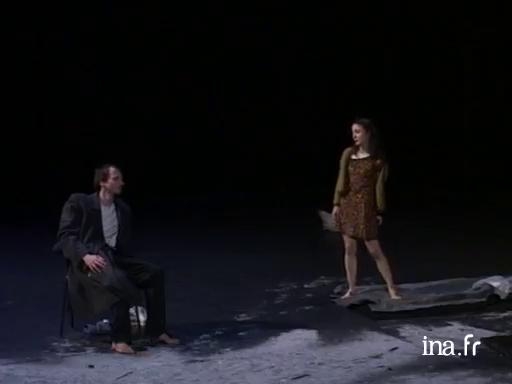About Lars Noren's play War

Information
Actress Agathe Molière speaks with Philippe Lefait regarding the play War, written by Swedish playwright Lars Noren, and staged at the Théâtre des Amandiers in Nanterre. This play focuses on a war whose name we don't know, and on how it transform humans, those that go to fight and those that don't, the adults and the children.
- Europe > France > Ile-de-France > Hauts-de-Seine
- Europe > Sweden
Context
Swedish playwright and director Lars Norén (born in 1944) starting writing poetry collections (Lilac, snow). After a short spell as a novelist he started writing for the theatre from 1973 and directed his work. Considered as August Strindberg's heir, he explored existential anguish through the in camera family situation, by delving into his own intimacy (The courage to killin 1978,TheLast Supperin 1985). WithThe Human Circle 3:1(1997), he left the familial arena to follow an interest in outsiders. In France, Norén's work has been performed by many directors, notably by Jean-Louis Martinelli at the Théâtre des Amandiers in Nantenne (works such asKlinikenin 2007 andDetailsin 2008)
Lars Norén succeeded Ingmar Bergman for a while at the head of the Swedish National Theatre and since 1999 he has managed the Riksdrama, the travelling national theatre.




